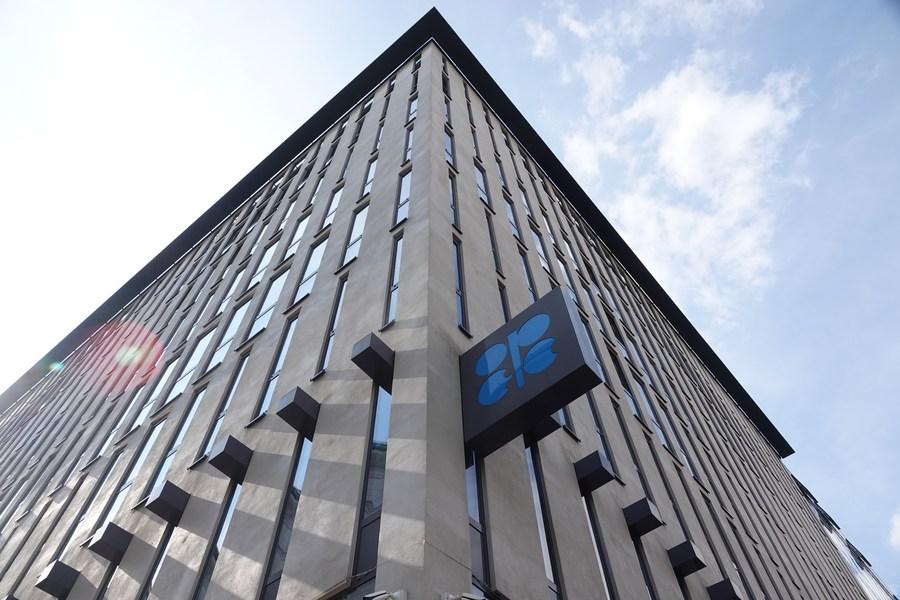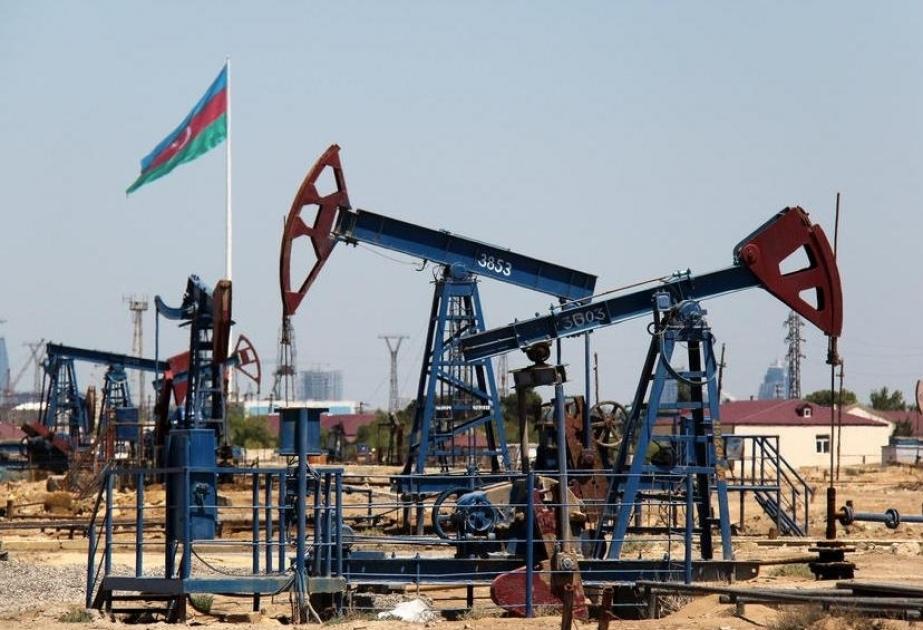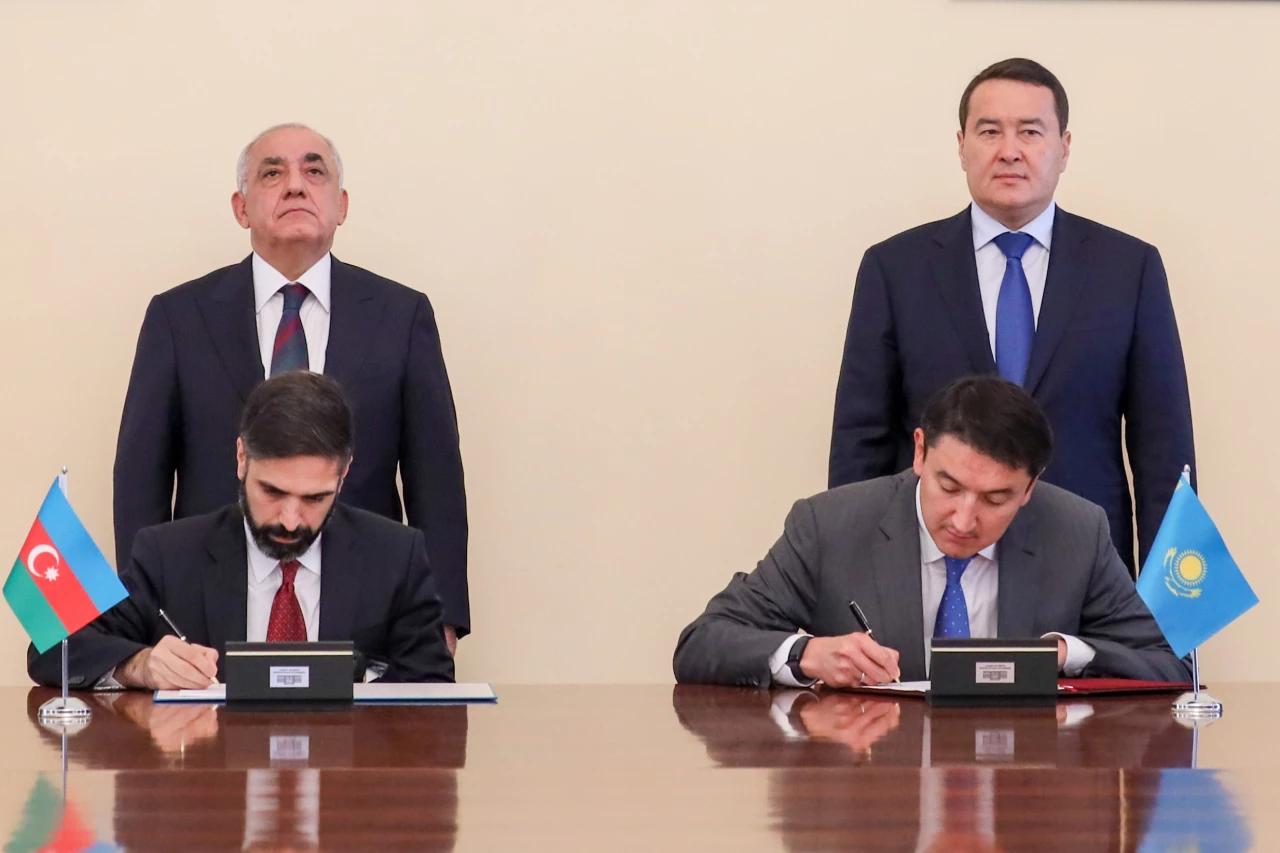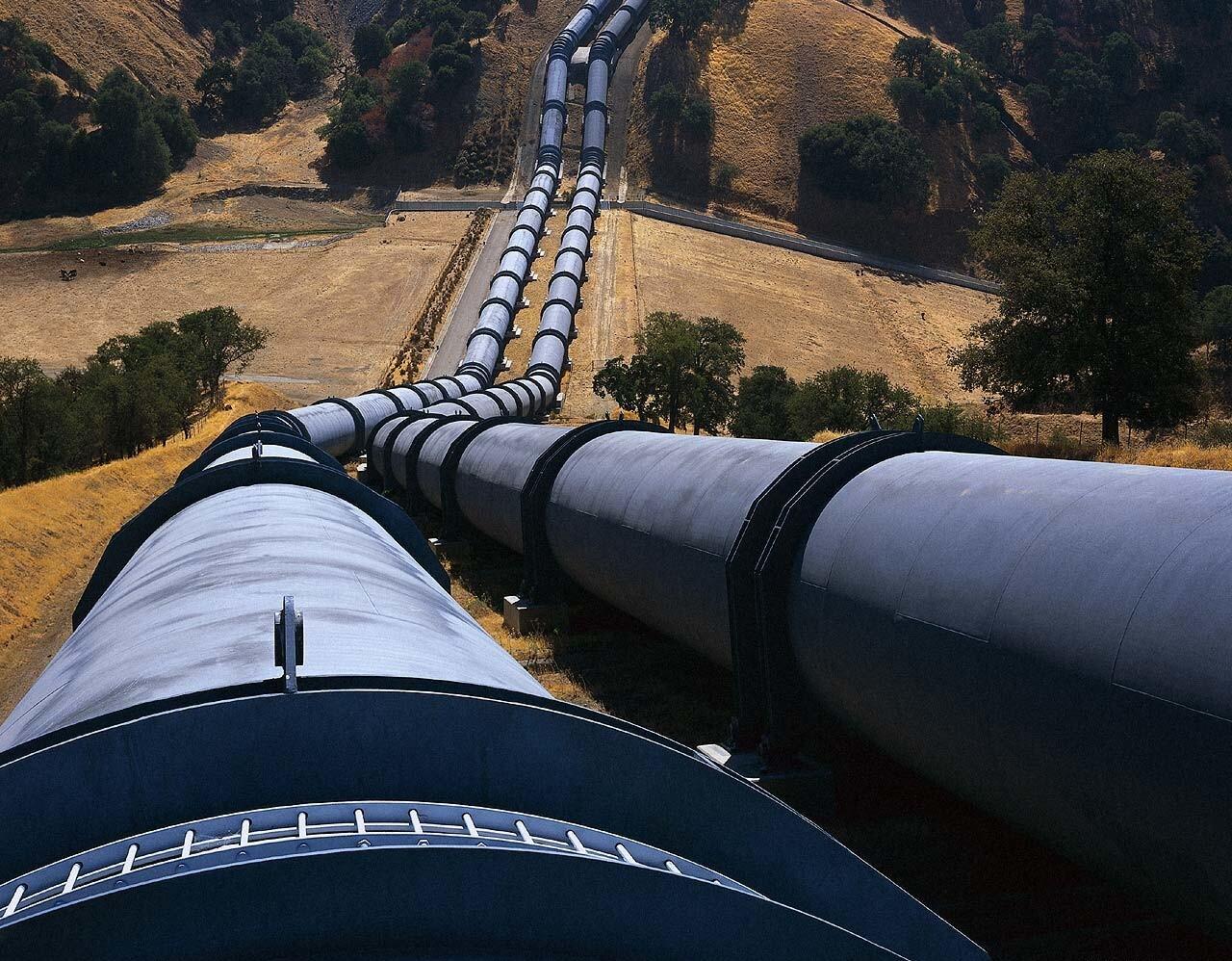How Azerbaijan's alliance with Central Asia shaping regional energy dynamics Baku's oil diplomacy on display
Recent declines in global oil prices have been linked to reduced tensions in the Middle East and forecasts of lower demand from China. However, experts from OPEC and the International Energy Agency (IEA) anticipate an increase in demand for oil by the end of the year. Factors contributing to this include economic activity in non-OECD countries and a reduction in global oil reserves. Additionally, the ongoing Russia-Ukraine conflict has heightened interest in the Trans-Caspian corridor for transporting Kazakh and Turkmen oil through Azerbaijan. According to the State Statistics Committee of Azerbaijan, oil transhipment through the Baku-Tbilisi-Ceyhan (BTC) pipeline rose by 10.5% over the first seven months of the year.

Reuters reports that global oil prices fell on August 20, following Israel's acceptance of a ceasefire offer in the Gaza Strip, which alleviated concerns about crude supply disruptions from the Middle East. Analysts from ING also point to a slowdown in oil demand in China, with a notable drop in July. On the Intercontinental Exchange (ICE), October futures for Brent crude oil dropped by 0.98% to $76.90 per barrel in the afternoon of August 20. Overall, oil prices have shown significant volatility this year, with Brent crude fluctuating between $76 and $82 per barrel.
Nevertheless, many experts anticipate that market demand will maintain the average annual price of Brent crude around $80 per barrel or slightly lower. The August report from the International Energy Agency (IEA) projects a rise in global oil demand by 970,000 barrels per day (bpd) in 2024. This forecast considers a recent drop in global oil reserves, which decreased by 26.2 million barrels in June, halting a four-month trend of accumulation.
OPEC also predicts a rise in global oil demand by the end of the year, reaching 104.46 million bpd. This increase is expected to be driven by robust economic activity in non-OECD countries, sustained high demand for air travel, and greater vehicle mobility. These factors are anticipated to boost oil demand in China, India, the Middle East, and other Asian nations, contributing to a more dynamic market environment.

In the current year, Azerbaijan has found the prevailing oil prices quite manageable, even with a slight decline of 1.52% to $82.45 per barrel for Azeri Light at CIF on Tuesday. This price stability helps offset the losses from reduced oil production at the Azeri-Chirag-Guneshli field. Simultaneously, strong global demand enhances the attractiveness of transiting Kazakh and Turkmen oil through Azerbaijan.
The energy transit corridor from Central Asia through the Caspian Sea, operational for nearly two decades, remains robust. Notably, Azerbaijan and Turkmenistan have maintained a stable business relationship in oil transit. Since 2010, Turkmen oil has been transported via tankers and supplied to global markets through the Baku-Tbilisi-Ceyhan (BTC) pipeline, with over 33 million tonnes exported in total. In 2023 alone, Turkmen oil transit via BTC surpassed 3 million tonnes, marking an 18% increase from the previous year.
Azerbaijan's collaboration with Kazakhstan, a long-time partner in Caspian energy and transport projects, is also experiencing growth. Historically, millions of tonnes of Kazakh oil were transported through Azerbaijan's infrastructure. However, this route saw a temporary decline following the energy crisis of 2014-2017 and a fall in oil prices.
Recent developments, including the Russian-Ukrainian conflict and Western sanctions against Russia, have altered the landscape. The Caspian Pipeline Consortium (CPC), which exports most of Kazakhstan's oil via the Novorossiysk terminal, faced multiple suspensions.

It should be noted that at the end of 2022, Kazakh President Kassym-Jomart Tokayev instructed to increase the volume of oil transported through the Trans-Caspian corridor. Thus, in early 2023, JSC NC KazMunayGas and the State Oil Company of Azerbaijan (SOCAR) signed an agreement providing for the transportation of over one million tonnes of Kazakh oil through the Baku-Tbilisi-Ceyhan (BTC) pipeline system. Transshipment started in April last year, and every month Azerbaijan receives from 12 to 14 tankers with oil: most of them - 1.057 million tonnes - are crude produced at the Tengiz field.
According to KazTransOil, a total of 1.392 million tonnes of oil (Tengiz and other producing companies in Kazakhstan) was transshipped through BTC in 2023, 5.5 times higher than in 2022. And, apparently, these volumes will be multiplied in the next two years: the government of Kazakhstan plans to increase transit through BTC to 3 million tonnes of oil by the end of 2025.
Recent media reports reveal that KazTransOil JSC, Kazakhstan's national pipeline operator, is adhering to the oil delivery schedule set by the Ministry of Energy. For 2024, approximately 1.5 million tonnes of oil are planned to be transported via the port of Aktau towards the BTC pipeline.
In March, Baku hosted the signing of a Memorandum of Strategic Cooperation between SOCAR and KazMunaiGas, focusing on the purchase and sale of Kazakh oil. This agreement is expected to enhance opportunities for Azerbaijan to acquire and re-export Kazakh oil. The arrangement allows Azerbaijan to benefit from discounts on oil purchased from Central Asian countries compared to market prices. Additionally, if global oil prices rise during the transport and transhipment process — from the Caspian Sea to the BTC terminal and on to Ceyhan — SOCAR stands to gain extra profits beyond the initial contract terms.

Following the agreements made in Baku, SOCAR and KazMunaiGas have begun exploring the possibility of transporting up to 3 million tonnes of Kazakh oil annually through the Baku-Supsa pipeline. Discussions are also underway regarding tariff policies.
In March, KazMunaiGas JSC Chairman Magzum Mirzagaliyev highlighted Kazakhstan's intention to boost oil transit through the BTC pipeline. "Currently, we transport 120,000 tonnes per month through Azerbaijan. With the new agreement, this volume is set to increase by 60,000 tonnes, reaching a total of 180,000 tonnes," he said. Details on whether a transit agreement for the Baku-Supsa pipeline will be finalized and the specific volumes to be transshipped through this route are expected soon.
Despite not considering the potential impact of the Supsa pipeline, oil deliveries from Turkmenistan and Kazakhstan via the BTC pipeline have been increasing this year. According to the State Statistics Committee of Azerbaijan, from January to July, 3.2 million tonnes of oil from these Central Asian countries were transshipped through Azerbaijan. This represents a 10.5% increase compared to the same period last year. Notably, Turkmen and Kazakh oil accounted for 18.7% of the total volume of oil transported through the BTC during this period.








